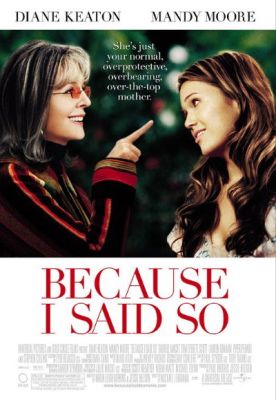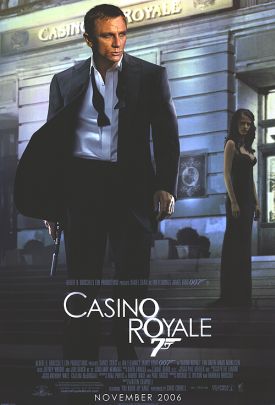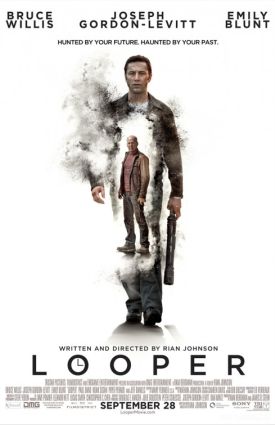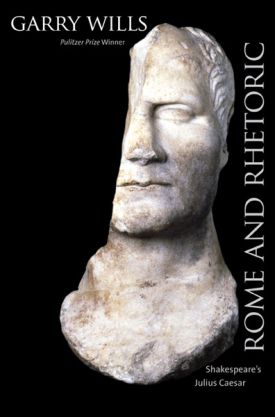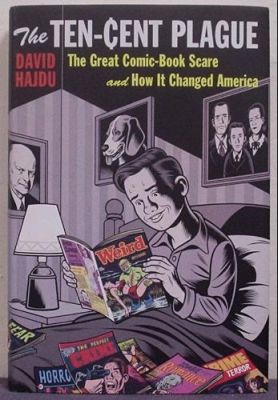How Hollywood Lost Its Romantic Groove
From The Wall Street JournalAmong many similar spam emails, I recently got one from a hook-up site headed “No commitments.” It began: “Its [sic] your birth right to ‘Date-Beautiful Women and Men'” [sic, sic, sic]. Sleazy come-ons of one sort or another have probably been around for centuries, but I doubt that, until recently, they would have combined the chutzpah of claiming sexual intercourse as a “birth right” and the coyness of referring to it with the euphemism “to date.” Why cling so tenaciously to the idea that the kind of sex you might arrange on the Internet has anything to do with dating and old-fashioned courtship?
It’s for the same reason, I think, that Hollywood keeps producing romantic comedies that, somehow, fall short of the romantic comedies of old. They know it themselves. Just as “Sleepless in Seattle” looked back longingly at “An Affair to Remember,” and “You’ve Got Mail” to “The Shop Around the Corner,” so the new Diane Keaton vehicle, “Because I Said So,” constantly alludes to “Love in the Afternoon.” “Now there was a man who knew how to be a man,” breathes Ms. Keaton of Gary Cooper.
Well, one way he knew how to be a man was not to behave like the men in “Because I Said So,” who are interviewed by her as prospective “life partners” for her daughter, Milly (Mandy Moore). Milly has been having bad luck with men. Mom’s philosophy is that “happiness is a series of choices; it doesn’t just happen” — though in fact “happy” and “happen” come from the same word, hap, meaning luck. The point is that, as mom says, “one wrong decision can ruin your whole life.”
Of course, this is just mom being hyperbolical. Milly does make the wrong decision of “doing the oompa-loompa with two guys,” as one of her sisters, with whom Milly and mom talk about sex all the time, puts it. But she is generous with her favors in order to avoid another wrong decision: Should she go with the hunky architect (Tom Everett Scott) that mom has picked out for her or with the equally hunky musician and single-father (Gabriel Macht) who makes her laugh? How can she tell without doing some interviewing of her own — in bed? You’ll be happy to know that she ends up happy anyway. But there once was a time, before no- fault divorce and co-habitation and hooking up via the Internet, when one wrong decision really could ruin a life. And, as it happens, that time coincided with the great days of the romantic comedy.
The origins of romantic love, like its name, lie in the verse romances of the Middle Ages, which took from the troubadours of the 12th century the novel idea that the lover’s whole life could depend on his lady’s willingness to grant him her favors. This idea later became a commonplace of medieval love poetry. The anonymous 13th-century English lyric that begins, “With longygne y am lad,” for instance, includes the lines: “Lady, have mercy on me! / You have brought me to piteous sufferings / Be you the remedy that I beg / My life depends on you.”
People were well aware that the last line was, at least partly, a figure of speech. But it also stood for a daily reality at a time when the cultural expectation was that love, like marriage, was for life. In Shakespeare’s “As You Like It,” Rosalind, in male disguise as Orlando’s love-tutor, rehearses for him the stories of those who are supposed to have died for love and then dismisses them: “These are all lies,” she says. “Men have died from time to time, and worms have eaten them, but not for love.”
Yet even as she says it, she is disguising her own passion for Orlando himself and confides in her cousin, Celia, “O coz, coz, coz, my pretty little coz, that thou didst know how many fathom deep I am in love!” Like another of Shakespeare’s heroines in masculine disguise, Viola in “Twelfth Night,” Rosalind assumes that love, happy or unhappy, comes only once. That’s why all of Shakespeare’s romantic comedies are a hair’s breadth away from tragedy and are pervaded by a sense of deep melancholy. The possibility of death for love is made distinctly present in them all — and, of course, it actually happens in “Romeo and Juliet,” “Othello” and “Antony and Cleopatra.”
So long as marriage was for life, there was a little bit of such drama in the lives of all lovers. Even unmarried, Lily Dale in Anthony Trollope’s “The Small House at Allington” resigned herself to perpetual spinsterhood when the faithless Adolphus Crosbie broke her heart. Though she had another devoted suitor in Johnny Eames, she kept repeating: “The Dales were ever constant.” She had given her heart once; how could she give it again? Dickens’s Miss Havisham, spurned in “Great Expectations,” withdrew from the world still in her wedding dress and plotted revenge against the male sex for the rest of her life. It was the nearness of human happiness to irrevocable loss and tragedy that made the achievement of love, when it came, so exciting. It is the absence, in our hook-up culture, of the sense that anything very much is at stake in love that makes our romantic comedies so feeble. For us, lovers are like buses: If you miss one, there will be another one along in a few minutes.
Any therapist will tell you that this is the sensible way to live. Happiness lies within you and must not be identified with one person, whom now outmoded ideas of romance once taught us to think of as our destiny. Yet without that dangerous notion, romantic comedy turns into its antithesis, sex farce, as in “Because I Said So” — or Diane Keaton’s previous love-in-age movie, “Something’s Gotta Give.” There, when her character loses her man of destiny, Jack Nicholson, she hardly has time for a sigh of regret before starting an affair with Keanu Reeves.
Yes, yes, of course she’s only truly in love with her soul mate. But if he’s not around, you don’t seriously expect her to be celibate, do you? After all, it is her birthright, and probably necessary for her health and hygiene, to “date” in his absence. But without the chance of a much greater loss, the joy of his return is pretty thin stuff.
Discover more from James Bowman
Subscribe to get the latest posts to your email.

